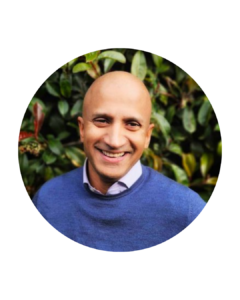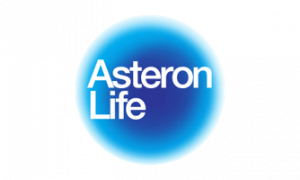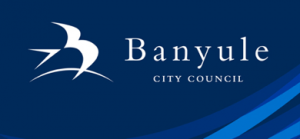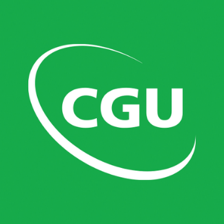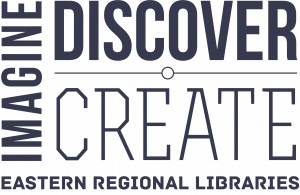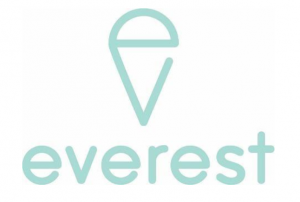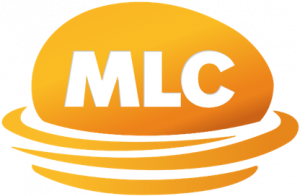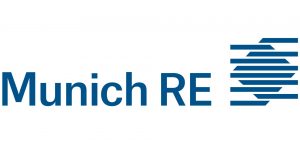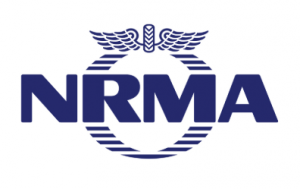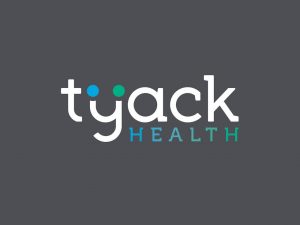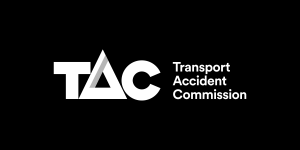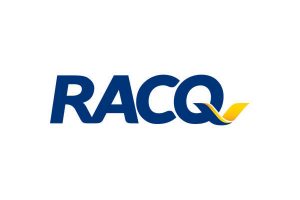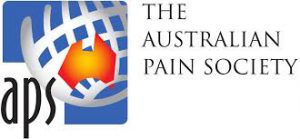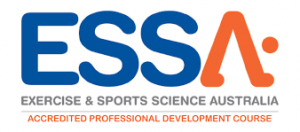The Workshop
ESSA Accreditation Upon Completion of ALL Modules (7 CPD points)
This 3-part Understanding Pain workshop will provide you with an in-depth understanding of how chronic pain states are maintained in the body and how best to explain pain to clients utilising non-medical terminology.
Each module helps in providing invaluable strategies to utilise in clinical and non-clinical settings. The modules cover how to explain the neurophysiology of pain in a non-medical way to clients, show clients how bio-psychosocial factors affect pain using Beyond Pain’s Disability Model and teach participants how to ask the right questions to engage and motivate chronic pain clients.
Further, best practice pain management is discussed including expectations from pain management program and what key strategies, physical and cognitive should be taught to clients.
This workshop blends educational and practical strategies so that the participant leaves armed with effective and proven strategies to improve their practice. Our Understanding Pain workshops have been attended by allied health and medical professionals and have been delivered in numerous states.
Who is Anjelo Ratnachandra?
Qualifications – BSc Physiotherapy (Hons), Grad Cert Counselling, Cert CBT, Cert REBT
Anjelo’s distinctive approach is grounded in a wealth of expertise built over several decades as a subject matter expert in chronic illnesses—particularly in the areas of pain and fatigue. His professional knowledge is deeply enriched by his own lived experience navigating life-altering trauma, making his perspective both clinically informed and profoundly personal. Anjelo has survived second and third-degree burns, undergone life-saving lung surgery, and faced cancer head-on, emerging with a powerful understanding of resilience and recovery.
His unique insights into the minds of people with chronic illness both as a clinical expert and a sufferer result in a workshop packed with techniques in building trust & engaging a client. Participants learn how to build trust and engage clients meaningfully, understand the core structure of an empowering conversation, and apply methods that foster confidence where conventional approaches often fall short.
Anjelo’s experience:
- Specialises in treatment of chronic pain, chronic fatigue, and mental illnesses.
- Author of the popular self-guiding book Beyond Pain.
- Inaugural winner of Worksafe’s (Vic) Treating Health Practitioner Award.
- Recipient of numerous awards in the Occupational Rehabilitation industry.
- Winner of Australian Allied Health Awards’ Physiotherapist of the Year 2018.
- Contributed towards several research papers in pain & fatigue management.
- Extensive experience in Occupational Rehabilitation, and in research-based pain & fatigue management.
- Guest Speaker at national & international events, and, at popular speaking circuits.
Workshop Information
-
Friday 6th June 2025, 9am - Friday 20th June 2025, 11am
-
Zoom Webinar
-
$360.00 per person

